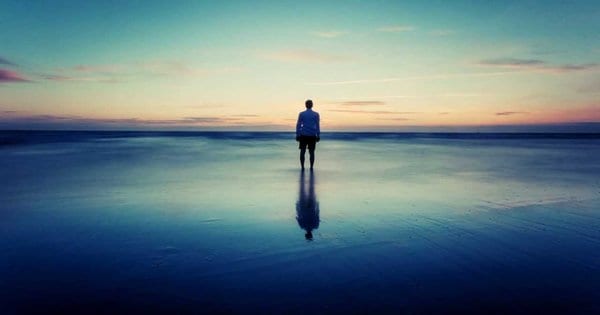There’s a reason many of us have trouble sharing our personal battles with mental illness. The reason is the label our society has put on mental health; that anyone who visits a mental health specialist is crazy,” or insane.” Mental illness is treated as a passing phase or a hedonistic lifestyle here in India.
Living in India and having bipolar disorder, I have faced many such circumstances. In our society, having bipolar disorder or any other mental illness is considered a luxury or a lifestyle choice that someone made. It is a rich persons disease.” The treatment is expensive and often inaccessible for most of us.
In my personal experience, this has become a bigger problem over the last few years. Appointments with mental health specialists psychologists, psychiatrists and psychotherapists were still obtainable in the time span of 2005-2009, when I was diagnosed with depression, PTSD, anxiety disorder and bipolar disorder after my mothers untimely death in 2004.
But the face of mental health has changed drastically over the last few years in India. Now, we have to make an appointment at least one or two months prior to see a psychiatrist, which makes it extremely difficult for some of us who live with bipolar disorder to know when we would need a change of medication with the ups and downs of our moods.
Treatment is also extremely expensive, making it hard for us to go for regular therapy sessions. Others don’t even get a chance to see a specialist, making them suffer in silence until it becomes unbearable.
Even though people are more aware of mental illness in India, more than they were a few years back, there’s still a taboo attached to it. There’s a general assumption that the person suffering has made it up in their minds and it can be wished away at their own will.
Mental illness is seen as a sign of imperfection, humiliation and rejection by family, friends and relatives. It brings an amount of embarrassment and guilt to the person suffering from mental illness, making them keep it a lifelong secret.
In spite of the taboo in our society, though, celebrities like Deepika Padukone, Yo Yo Honey Singh, Shah Rukh Khan and Anushka Sharma have opened up and spoken boldly about their personal battles with depression, bipolar disorder and anxiety. This changed the minds of many, but not all.
Mental illness is still perceived as a flaw in our society. People like being ignorant towards the fact that mental illnesses are very real, just like diabetes or cancer. Suicide takes more lives than any physical ailment.
People need to be aware of the fact that mental illness doesn’t discriminate. Pretty, ugly, rich, poor, skinny, fat, privileged, underprivileged, it can happen to anyone, it makes no difference.
People suffering from mental illnesses don’t look like their illness because it is not a facial expression; it doesn’t mean it is nonexistent. We have come a long way. It is time for India to start a conversation about mental illness. To understand that it is nothing different than physical pain, and that it should be taken much more seriously.
It is important to help people in silent agony speak up.
Read more of Tannika’s writing at her Hope is Good page, and read her other posts for IBPF here.
The content of the International Bipolar Foundation blogs is for informational purposes only. The content is not intended to be a substitute for professional medical advice, diagnosis, or treatment. Always seek the advice of your physician and never disregard professional medical advice because of something you have read in any IBPF content.


